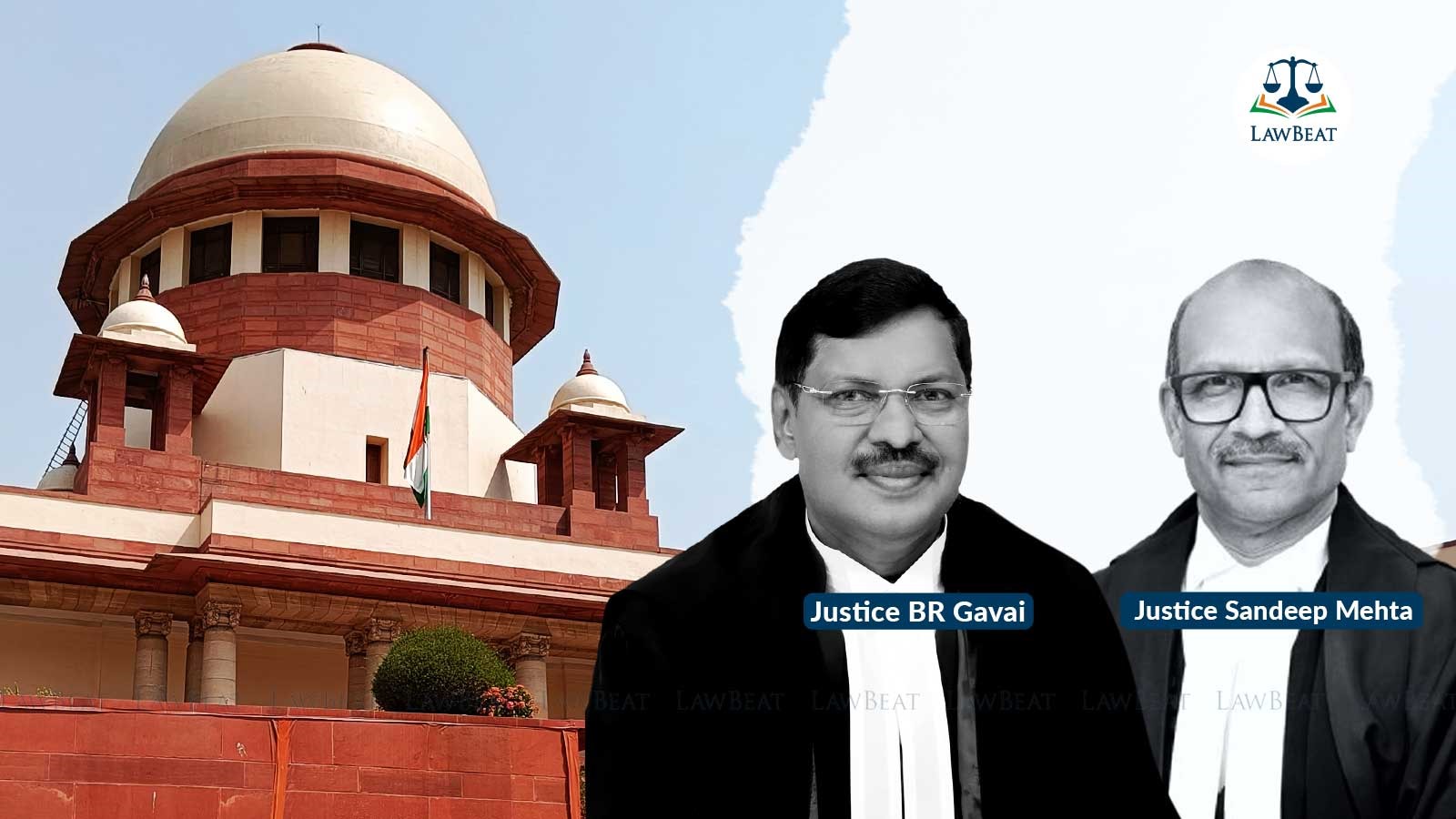High Court can interfere in criminal appeal only if trial court's order perverse & impossible: SC

Court noted the elaborate exercise of the trial judge, has been washed away by the Division Bench of the High Court in a totally cursory manner
The Supreme Court has on April 2, 2024 set aside the Madhya Pradesh High Court's judgment, convicting a man and his mother for killing a person for allegedly having illicit relationship with his sister,
Top Court found that the impugned decision was based on conjectures and surmises. "The High Court could have interfered in the criminal appeal only if it came to the conclusion that the findings of the trial Judge were either perverse or impossible," a bench of Justices B R Gavai and Sandeep Mehta said.
It further found that the trial judge had given sound and cogent reasons for discarding the testimony of the Investigating Officer and the other witnesses. The trial court had acquitted appellant Ballu and his mother Halki Bahu in the case related to murder of Mahesh Sahu on June 7, 1992 in Damoh district.
It was alleged Sahu was killed as the prime accused did not like the relationship of the deceased with his sister. Sahu, who had earlier eloped with the girl, had continued to maintain relationship with her, though she was married with another person upon her return to home after eight months.
After going through statements of witnesses including father and mother of the deceased, the bench noted the trial court correctly disbelieved their version as those were found to be totally improvised, filled with extreme exaggeration.
Three last seen witnesses had turned hostile and did not support the prosecution case, it noted.
The bench, however, noted the elaborate exercise of the trial judge, has been washed away by the Division Bench of the High Court in a totally cursory manner.
"We are of the view that the High Court has totally erred in observing that the trial judge had brushed aside the evidence of the IO simply on the basis of conjectures and surmises. Rather, it is the judgment of the High Court which is based on conjectures and surmises," the bench said.
The bench also pointed out though the High Court has referred to the law laid down by this court with regard to the scope of interference in an appeal against acquittal, it has "totally misapplied the same" and reversed a very well-reasoned judgment based upon the correct appreciation of evidence by the trial court.
The bench also said in any case, even if two views are possible and the trial Judge found the other view to be more probable, an interference would not have been warranted by the High Court, unless the view taken by the trial Judge was a perverse or impossible view.
The court, therefore, held the HC's judgment as totally unsustainable in law and allowed the appeal.
